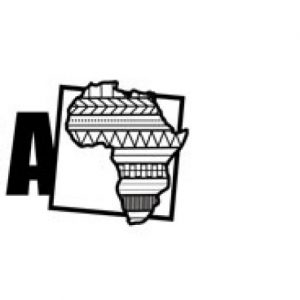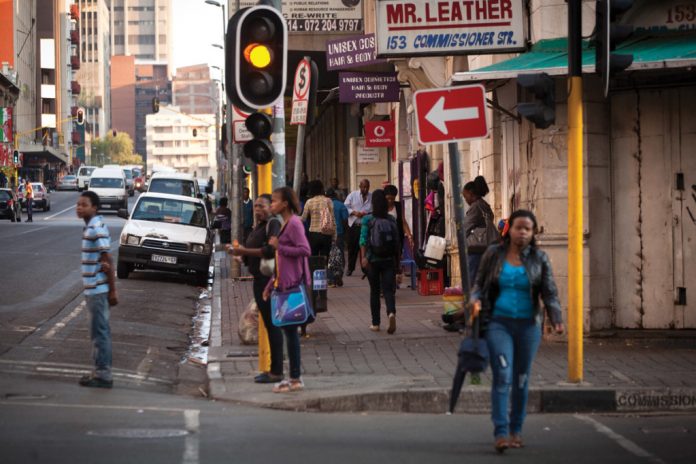Cabinet has approved the National Minimum Wage Bill, Basic Conditions of Employment Amendment Bill and Labour Relations Amendment Bill.
These bills will now be submitted to the National Assembly and National Council of Provinces for concurrence and enactment.
In February 2017, representatives from government, business, labour and the community sector signed agreements at the National Economic Development and Labour Council (Nedlac) on measures to strengthen labour stability and collective bargaining and on how to introduce a National Minimum Wage.
The bills will appear in the Government Gazette on 10 November 2017 and can be found at www.labour.gov.za.
The National Minimum Wage Bill (NMW Bill) makes provision for the introduction of a minimum wage of R20 per hour, which is due to come into effect on 1 May 2018.
There are a few exceptions to the national minimum wage which include:
• The minimum wage for farm workers will be 90% of R20 per hour (R18 per hour);
• The minimum wage for domestic workers will be 75% of R20 per hour (R15 per hour);
• The minimum wage for workers on an Expanded Public Works Programme is R11 per hour).
Nedlac social partners have agreed that the farm, forestry and domestic sectors will be brought up to 100% of the NMW within two years, pending research by the National Minimum Wage Commission.
Improving conditions of employment
The Basic Conditions of Employment Bill, 2017 seeks to introduce amendments to the Basic Conditions of Employment Act, 1997 in line with the enactment of the National Minimum Wage Act, 2017.
The primary amendments to be introduced relate to the repeal of sections of the BCEA that relate to the making of sectoral determinations and the powers and functions of the Employment Conditions Commission.
Amendments are also made that affect monitoring and enforcement by the labour inspectorate to apply to compliance with the national minimum wage and unemployment insurance and the jurisdiction of the CCMA is extended to include enforcement procedures and claims for underpayment in terms of the BCEA, the national minimum wage, unemployment insurance legislation, and claims arising from contracts or collective agreements.
Strengthening labour relations
Amendments to the Labour Relations Act aim to strengthen collective bargaining and to introduce an advisory arbitration measure to resolve strikes that are intractable, violent or may cause a local or national crisis.
The LRA amendments will be accompanied by a Code of Good Practice on Collective Bargaining, Industrial Action and Picketing. The Code is intended to provide practical guidance on collective bargaining, the resolution of disputes of mutual interest and the resort to industrial action.
The Nedlac social partners have reached agreement on an Accord on Collective Bargaining and Industrial Action in which all social partners commit to take steps necessary to prevent violence, intimidation and damage to property and to improve the capacity of social partners and other agencies to resolve disputes peacefully and expeditiously.
All trade unions and employers will be encouraged to sign the Accord on Collective Bargaining and Industrial Action.
The Department of Labour will embark on National Information Sessions to inform stakeholders of the amendments and the other elements of the national agreement.
The information sessions will begin in Johannesburg on Thursday, 9 November 2017 and will continue to early 2018.
The first sessions are aimed at trade unions, with later sessions from January 2018 being targeted at employers and other interested parties.
A key objective of the information sessions will be to ensure that the national minimum wage and the labour market stability measures are communicated as widely as possible and that trade unions and employers understand the specific implications for their operations.










